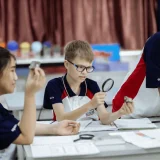Cultivating social skills for high school students is integral to their holistic development and future success. During high school, students face numerous social interactions that shape their communication, teamwork, and relationship-building abilities. Developing solid social skills for high school students equips students with the tools to navigate these interactions confidently and effectively.
This article examines the importance of social skills activities for teens. We will offer practical guidance on nurturing these skills, ultimately contributing to their personal growth and readiness for life beyond high school. Let’s delve in!
What Are Main Social Skills for High School Students?
Social skills encompass verbal, nonverbal, written, and visual communication abilities essential for effective interactions. These skills, also known as interpersonal or soft skills, involve more than initiating and responding in conversations; they require active listening, eye contact, and appropriate body language.
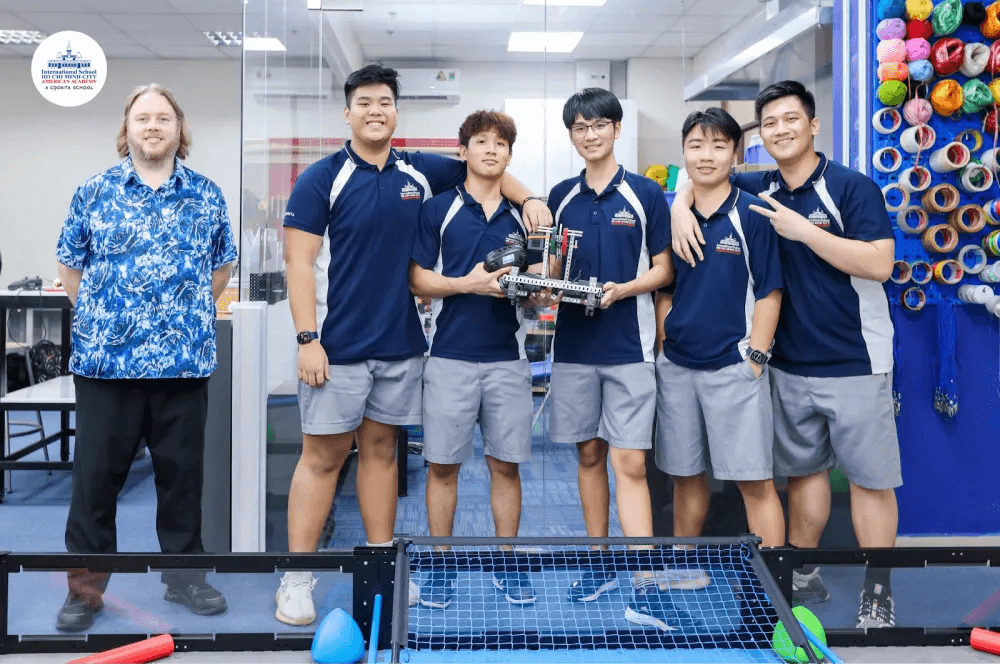
For students to thrive as adults, they must develop vital social skills for high school students, including:
- Relationship building
- Social awareness
- Self-management
- Decision making
- Active listening
- Stress reduction
- Empathy
Mastering these social skills for high school students enables young individuals to engage positively with others, fostering long-term success in personal and professional relationships.
5 Effective Tips to Enhance Social Skills for Teens
Implement strategies that cultivate a supportive and engaging learning environment to enhance social skills for high school students effectively. The following tips provide practical methods for helping teens develop these crucial skills.
1. Creating a Positive School Climate
Establishing a positive school climate ensures that students feel valued and respected as learning community members. To achieve this, educators and administrators can:
- Learn and use students’ names: Knowing students personally helps them feel valued. Name tags or assigned seating can assist in large classes.
- Utilize homeroom time: Encourage student conversations and interactions by creating a sense of community.
- Provide unstructured time: Allow students ample time during lunch or breaks to practice social skills and receive peer feedback.
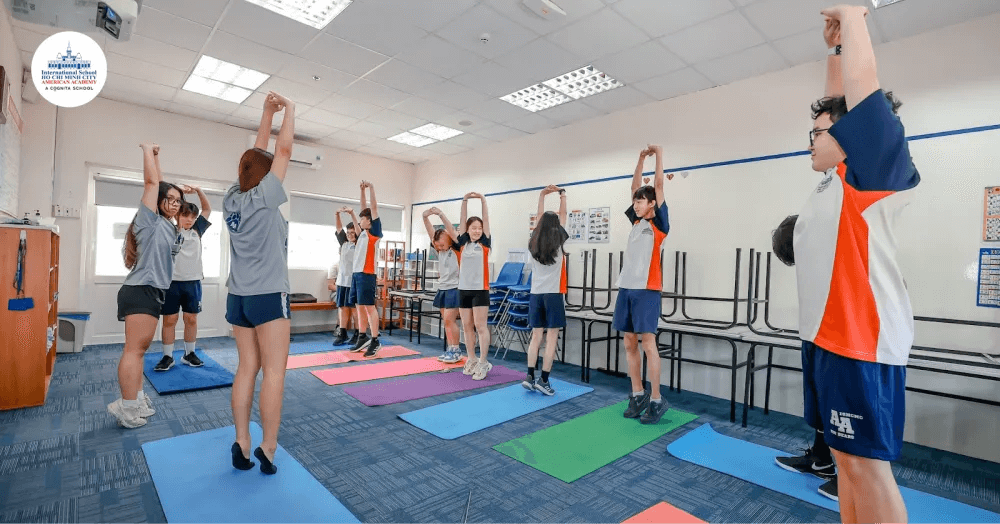
- Encourage journal writing: This helps students improve self-awareness and reflect on their interactions.
- Promote inclusive extracurricular activities: Ensure activities are accessible to all students and provide necessary accommodations.
- Gather student feedback: Allow students to share their experiences and show their input is valued.
- Connect informally with struggling students: Regular, informal check-ins with students who face difficulties can help them feel noticed and cared for, laying the groundwork for more formal interventions if needed.
2. Apply Icebreaker Activities
Icebreaker games are invaluable tools for promoting a relaxed atmosphere conducive to building social skills for high school students. These activities break down barriers and encourage teamwork and active engagement. Key benefits of incorporating icebreakers include:
- Building rapport and trust: Establishing a positive initial connection among students.
- Improving communication skills: Practicing articulation and listening attentively.
- Promoting active listening: Motivating students to pay attention to their peers.
- Encouraging teamwork and collaboration: Working together to achieve common goals.
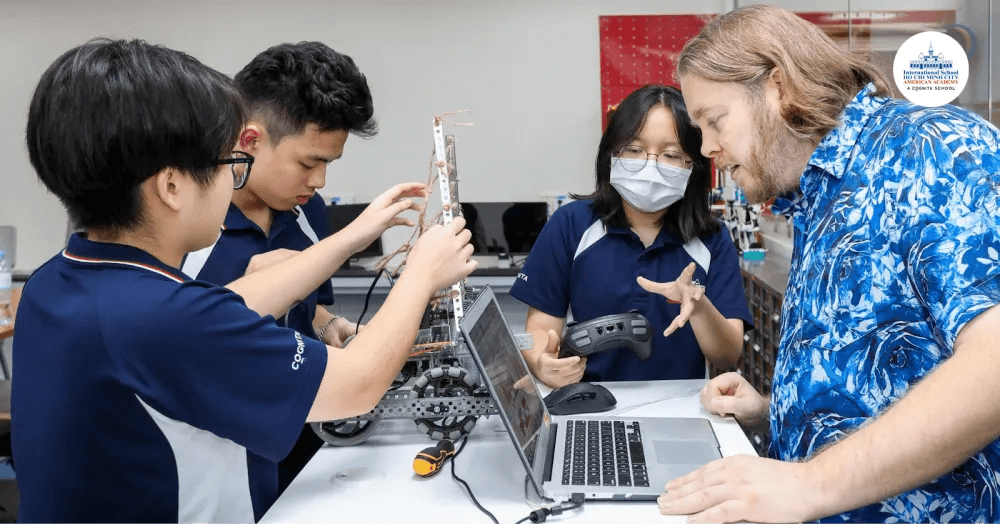
Here are several effective icebreaker games to enhance social skills for high school students:
- Two Truths and a Lie: Students share statements about themselves, prompting others to guess which is false.
- Human Bingo: Engage students in finding peers who match various characteristics on a bingo card.
- Would You Rather: Pose dilemmas to encourage discussion and reasoning.
- Name Games and Introductions: Help students introduce themselves confidently and attentively.
- Human Scavenger Hunt: Promote interaction by having students find peers who fit specified criteria.
These activities enhance high school social skills and create a supportive learning and social growth environment.
3. Apply Group Collaboration Activities
Students learn to appreciate diverse perspectives, delegate responsibilities, and articulate their ideas effectively by engaging in collaborative projects. Key benefits of integrating collaborative projects into high school education include:
- Developing teamwork and collaboration skills: Students learn to work harmoniously to achieve common objectives.
- Enhancing problem-solving and decision-making abilities: Collaborative settings encourage students to brainstorm solutions and make collective decisions.
- Promoting effective communication and active listening: Working in teams requires clear communication and attentive listening to understand and respond to others’ ideas.
- Encouraging creativity and innovation: Collaborative projects facilitate an environment where students can explore innovative ideas and solutions.
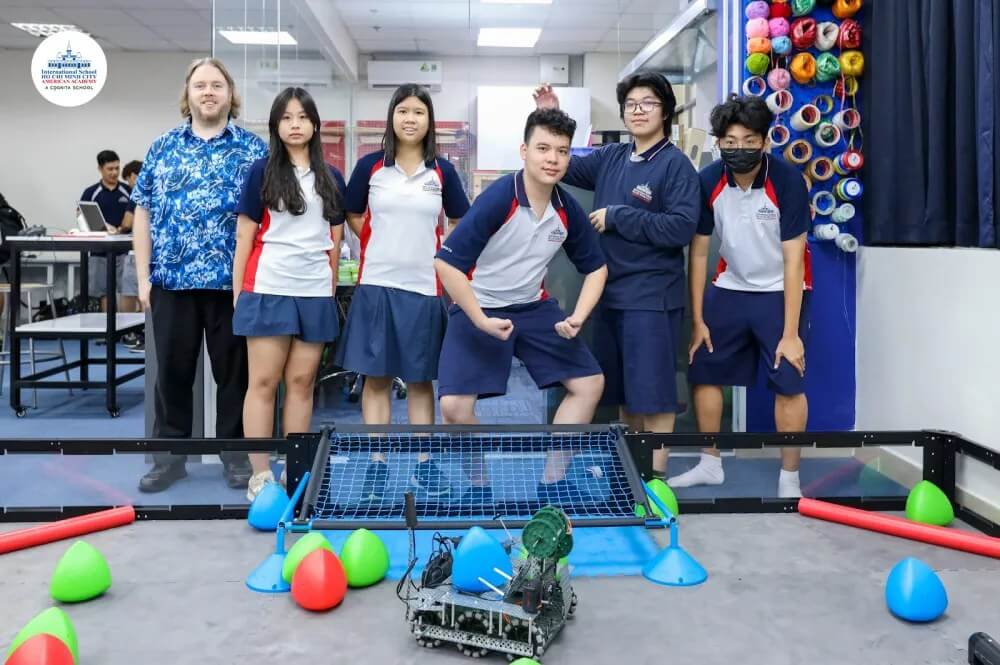
Here are several examples of collaborative projects suitable for high school students:
- Community Service Project: Collaborate on organizing and executing a community service initiative like a food drive or volunteering at a shelter.
- Entrepreneurship Project: Work together to develop a business plan, create a product or service, and present it to a panel for evaluation.
- Science Fair Project: Form teams to conduct experiments or research on a scientific topic and present findings at a science fair.
- Team-building exercises: Engage in activities that require teamwork, such as building structures with limited resources or solving puzzles together.
- Problem-solving tasks: Present real-life challenges and ask students to brainstorm and implement solutions.
- Role-playing scenarios: Assign roles for students to act out social situations, practicing social skills for high school students like conflict resolution and empathy.
4. Apply Communication and Self-Expression Activities
Engaging students in activities focused on communication and self-expression can develop their ability to articulate thoughts and feelings effectively.
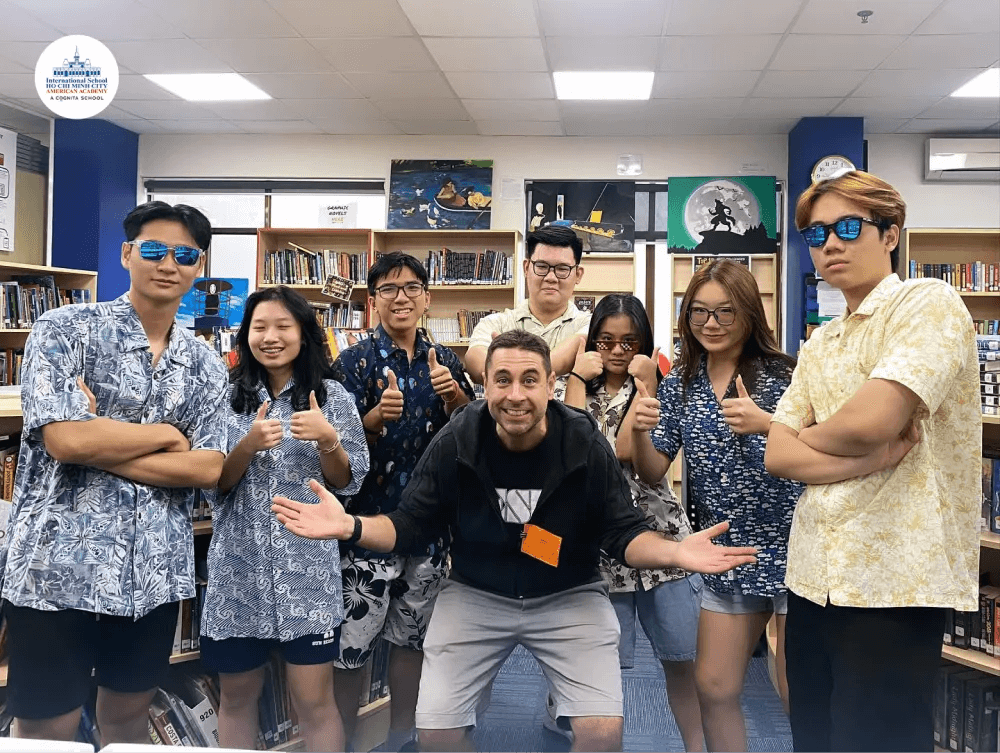
These activities enhance verbal and non-verbal communication skills as well as promote confidence and critical thinking:
- Journaling and reflective writing: Encourage students to maintain journals to express thoughts, emotions, and experiences, encouraging self-reflection and written communication skills.
- Public speaking and presentations: Provide platforms for students to practice delivering speeches and presentations, enhancing their confidence and verbal communication abilities.
- Debates and discussions: Facilitate debates and group discussions on diverse topics to encourage students to express opinions, listen actively, and engage in constructive dialogue.
5. Apply Relationship-Building Activities
Relationship-building activities can foster student empathy, understanding, and connection.

These activities help improve social skills for high school students include:
- Peer mentoring programs: Pair older students with younger ones to provide guidance and support, promoting empathy, leadership, and relationship-building skills.
- Community service projects: Engage students in community service activities where they collaborate for a common cause, nurturing empathy, teamwork, and a sense of social responsibility.
- Group outings and social events: Organize outings or events where students can interact informally, stimulating socialization, relationship-building, and the development of social etiquette.
How to Implement Social Skills Activities Effectively
Now that you have several activities to develop social skills for high school students, here are a few tips to incorporate them into high school settings effectively:
- Introduce the activities gradually: Allow students to become familiar with each activity before progressing to the next, ensuring they grasp the concepts and objectives thoroughly.
- Provide clear instructions and expectations: Clearly communicate each activity’s purpose and expected outcomes to students, ensuring they understand what is required of them.
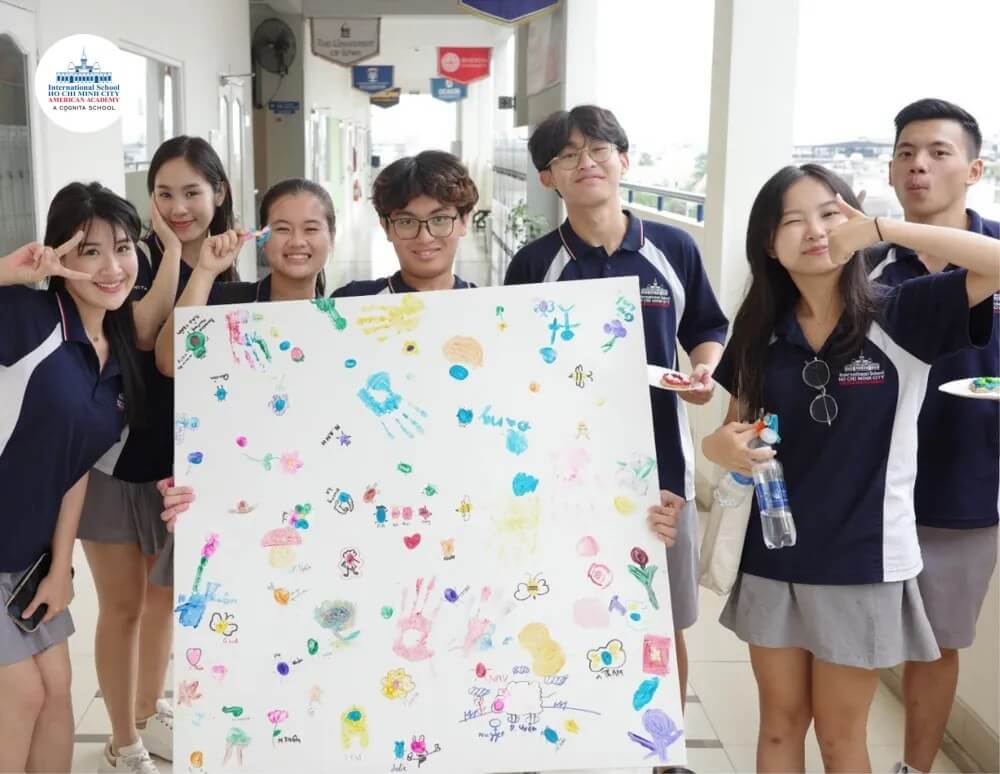
- Model and practice social skills together: Integrate high school social skills practice into daily routines, such as demonstrating positive self-talk before exams, illustrating how it can benefit students in stressful situations.
- Adapt activities to meet individual needs: Customize activities based on students’ developmental stages, cultural backgrounds, and learning preferences to ensure inclusivity and relevance.
These strategies aim to optimize the effectiveness of social skills activities for high school students, promoting meaningful learning experiences and skill development.
Cultivate Social Skills for High School Students with ISHCMC – American Academy!
At ISHCMC – American Academy, we emphasize a comprehensive educational approach integrating social skill development into our rigorous curriculum. Our programs promote critical thinking, effective communication, and empathy among students, preparing them for high school and future success in university and beyond.

Discover how our balanced American educational program at ISHCMC – American Academy in Ho Chi Minh City nurtures social skills for high school students. Through innovative teaching methods and personalized learning experiences, we empower students to excel academically while becoming confident, socially adept individuals.
Visit our website to learn more about the enriching opportunities your child is awaiting at ISHCMC – American Academy!



